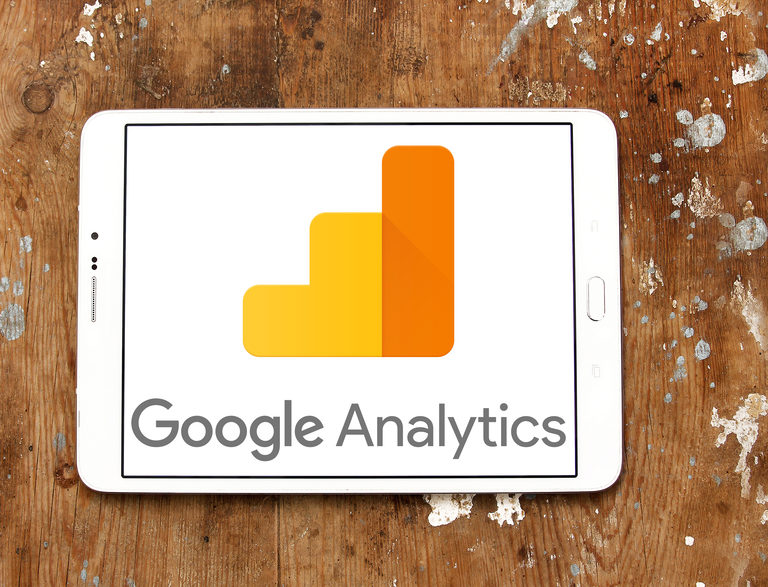Businesses large and small understand the importance of knowing if their expenditures are paying off. Sometimes, that’s easy: purchase of new equipment has compensated for repair costs and downtime. Or a new electronic medical record system has helped maximize employee effectiveness and improved quality of resident care. Advertising, on the other hand, can be more difficult to measure. You put out your money, but what do you get back? How can you answer the question, is digital advertising working?
Building Your Brand
Advertising isn’t always a direct money-in/money-out equation.
Getting your name in front of the public also serves to build brand recognition and reputation. This is especially important for businesses that serve seniors. After all, a family who doesn’t need your services today may need them tomorrow. In fact, when the need does arise, stress and immediacy may restrict their ability to research their options. So you want your brand to be front of mind and familiar.
Similarly, even the most effective ad campaign can take time to build momentum. Consumers are unlikely to act on the first few views of a new ad, but repetition leads to recognition and to a willingness to act. For example, a couple may be content in their current home, but the ads for your Life Plan Community may prompt them to consider making a move.
Maximizing Profit
When it comes to driving business to your doorstep, some aspects of advertising are quantifiable and measurable. Digital advertising provides the distinct benefit of measuring results. Reports can often tell you exactly how many times your ad appeared and how many people clicked on it, how many people opened your email and clicked on links in the email, and so on.
To measure results, you’ll want to set goals, establish a baseline, and then measure again. Goals can include ad clicks, website visitors, phone calls, etc.
Ross Media Solutions recommends targeted digital display tactics to reach prospective customers. “Targeted” means the ads will target or focus specifically on people who might need your services or products. “Digital” refers to advertising on digital platforms computers, tablets, and smartphones. And “display” tells you that these eye-catching visual ads will be displayed – showcased – where your target audience will see them.
Another Ross resource, Seniors Guide, provides trackable digital advertising tailored for businesses that serve seniors.
“Having been publisher of SeniorsGuide.com since 2001 has given me a lot of insight into how people research senior living options,” says publisher Katharine Ross.
“For businesses that are lower in acuity, people take a long time researching their options, even over the course of a year. It takes eight to 10 digital touchpoints before they are ready to act.”
In addition to considering a business’s reputation, Ross says, visitors to SeniorsGuide.com want to see visuals –resident rooms, dining areas, community gathering spaces, and so forth. “Galleries are the most visited pages at our website.”
When people are looking at home care, she says, reputation is especially important. “They want to know that they can trust the people who will be coming in to their homes. Our clients communicate this by highlighting their caregivers’ time in the industry, credentials, and personality.”
Understanding Context
Marketing is like baking a cake. A cake can flop for a variety of reasons: old or mis-measured ingredients, oven temperature, length of baking time, altitude, weather, pan, and more. You never attribute the final product to one single ingredient – it’s how they all work together. You might follow all the same steps that you always have to bake your mom’s beloved devil’s food cake … but if you’ve moved to mile-high Denver from sea-level Virginia Beach, you’ll need to modify ingredients as well as baking temperature and/or times.
In the same way, a business needs to examine the interaction of diverse “ingredients” to understand its key performance indicators (KPIs), then modify factors and note results accordingly.
Contextual variables in digital marketing for senior businesses include:
- Numbers: How many website visitors are coming directly from each digital ad? Are some designs, messages, or ad types working better than others?
- Engagement or conversions: What are visitors doing once they get to your site? If your conversion rate needs improvement, is the issue with your website (for example, difficult navigation or loading time) or with your site visitors (reaching the wrong audience, which could mean changing the ads’ targeted audience or message).
- Other business considerations, aside from marketing: Are you offering the appropriate products and services at the appropriate price? Is your customer service or visitor follow-up lacking? And so on.
Katherine Ross has noticed another contextual variable for senior businesses. “What is important for a legacy property and how they promote themselves would be very different from a start-up,” she says. “This is true for all levels of care.”
Advertising, like other business metrics, can be complex to plan and difficult to measure. Ross Media Solutions understands the dynamics of small businesses, senior businesses, and digital advertising. The team can help you plan, measure results, and modify “ingredients.”
Looking for more content like “Is digital advertising working for your senior business?” Check out:
“Digital advertising for senior businesses” and
“Technology for marketing businesses for seniors”



